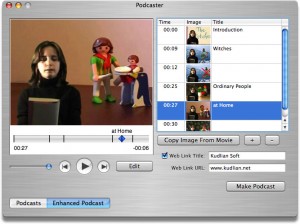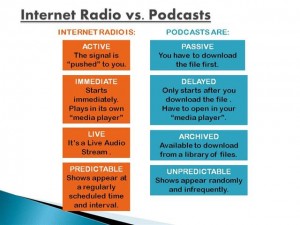Neoliberalism: “a more virulent and brutal form of market capitalism”, where “the market should be the organizing principle for all political, social, and economic decisions” and “everything either is for sale or is plundered for profit”. “The environment is polluted and despoiled in the name of profit-making” and “public services are gutted in order to lower the taxes of major corporations”.
Militarization: A key component of neoliberalism which is “An intensification of the labor and resources allocated to military purposes, including the shaping of other institutions in synchrony with military goals”. Militirization can also be “a shift in general societal beliefs and values in ways necessary to legitimate the use of force, the organization of large standing armies and their leaders, and the higher taxes or tribute used to pay for them”, or “a powerful cultural politics that works its way through everyday life spawning particular notions of masculinity, sanctioning war as a spectacle, and fear as a central formative component in mobilizing an affective investment in militarization”.
Legacy Preference: As public funding dwindles due to privatization, some schools adopt a legacy preference where they give preference to applicants of wealthy alumni in hopes that their parents will contribute to the school. A spin-off emerged in the 1970’s called the “development admit” where schools would give preference to the children of wealthy parents who did not attend the school in hopes of establishing a lasting relationship with the parents. These practices damaged the careers of “brilliant but ‘unhooked’ applicants”.
Mobilize: A key component of any movement is mobilization. Mobilization is defined as “make (something) movable or capable of movement.” Mobilization is necessary to transfer key ideas and ideology into actual reportable outcomes.












